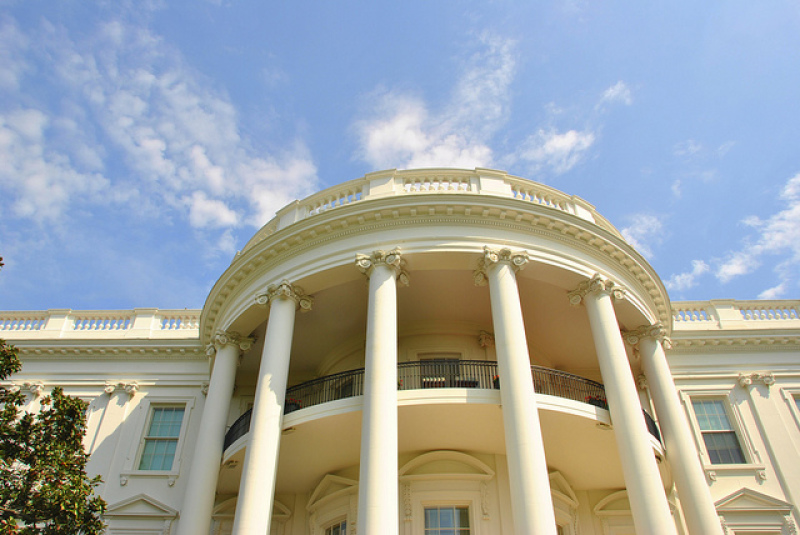
A group of bi-partisan senators are pushing a reform on the Electoral Count Act as a way to protect future elections and to clarify the role of the country's Vice President, especially in the face of disputes.
KRWG revealed in a transcript of soundbite recordings on a meeting held last week between Senators Susan Collin, Joe Manchin, and Roy Blunt that the Electoral Count Act of 1887 will be revised to "ramp up protections for U.S. elections."
The 1887 Electoral Count Act is a law that directs Congress on the proper way of counting electoral college votes after these have been submitted by each state and is most effective in safeguarding the country's democracy especially in the face of disputes.
NPR Reporter Claudia Grisales, who was waiting outside the Dirksen Senate Office Building where the three senators met, disclosed that the group of bi-partisan senators pushing for the Electoral Count Act reform are currently 16 in total. This is said to be composed of nine Republicans led by Collins and seven Democrats led by Manchin. Some of the other Republican Senators are Rob Portman and Lisa Murkowski and while some of the Democrat Senators are Amy Klobuchar and Dick Durbin. The group also includes Independent Senator Angus King.
Collins explained in an interview with ABC's "This Week" of the need to iron out the law because of its "ambiguities" to avoid history from repeating itself, particularly the January 6 U.S. Capitol Riot.
"We saw on January 6th of 2021 how ambiguities in the law were exploited. We need to prevent that from happening again," Collins said.
CBN News explained the confusion came from former President Donald Trump thinking that former Vice President Mike Pence had the power to overturn the electoral results, which in turn allagedly led to the January 6 U.S. Capitol Riot.
The Heritage Foundation Election Law Reform Initiative Manager Hans Von Spakovsky told CBN News that the Electoral Count Act provides that a written objection to the votes by at least one House member and one senator would automatically send "lawmakers back to their respective Houses to consider the objection." Congress is given the full power to either sustain or overrule the votes. This happened in 2021 where the objections were overruled giving Pence no power at all.
"They were hoping that there would be objections made under the act by a member of the House, a member of the Senate to the electoral votes coming from particular states; places like Georgia and Arizona, and then there would be a debate about whether they should be sustained or overruled," Spakovsky said.
"They were all overruled and so the Vice President did not have the power to then somehow change what the Senate had decided and what the House had decided. I think there were folks hoping he would do that, but he just didn't have the power to do that neither under the statute or under the Constitution," he added.
Pence pointed out this error last week during a talk given to the Federalist Society Florida Chapters. Pence's statements came in response to Trump's remarks on news that the Electoral Count Act will undergo a revamp, where he stressed being right on what he said in 2021 that Pence can overturn the electoral results.
"President (Donald) Trump is wrong...Under the Constitution, I had no right to change the outcome of our election, and (Vice President) Kamala Harris will have no right to overturn the election when we beat them in 2024," Pence said.
However, Manchin, who is positive that the law would be approved for revision, echoed Pence's statements in an interview with CNN's State of the Union stating that the law needed to be revamped for it was misleading people.
"What really caused the insurrection? They thought there was an ambiguity if you will, and an avenue they can go through and overturn the election. Because there was, it was not clear. And when one congressman and one senator can bring a state's authentic count to a halt, that's wrong," Manchin said.
"I think absolutely it'll pass. Now, there will be some people saying it's not enough. There will be some people saying it's more than what we should do or we don't need it. And what we'll do is try to bring them all together and say, 'Listen, this is what we should do because this is what caused the problem. And it's what we can do. So let's do that,'" he stressed.




















